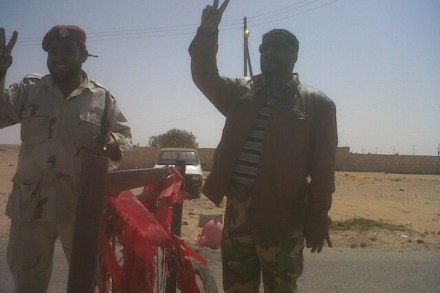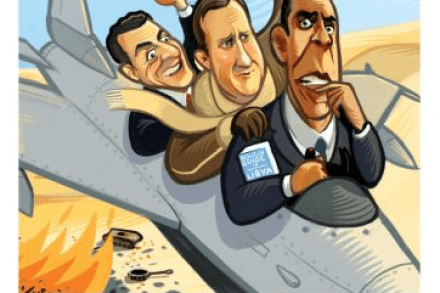Libya diary: Tobruk
Twelve different checks later and I’m in Free Libya, hurling down the road to Tobruk at 100 mph, with Arabic music blasting away. This place is firmly held rebel territory and most journalists have moved towards the battlefields further west. A pair of beautiful American relief workers tell me just to keep going “to see real action”. They’ve just from Benghazi and are headed back to Egypt. They grab my driver. Tobruk, though, has plenty of action for me; and I need to get back to my programme in Cairo. After all, I’m a think-tanker, not a war correspondent. I stop by the oil refinery which is beginning to run




















